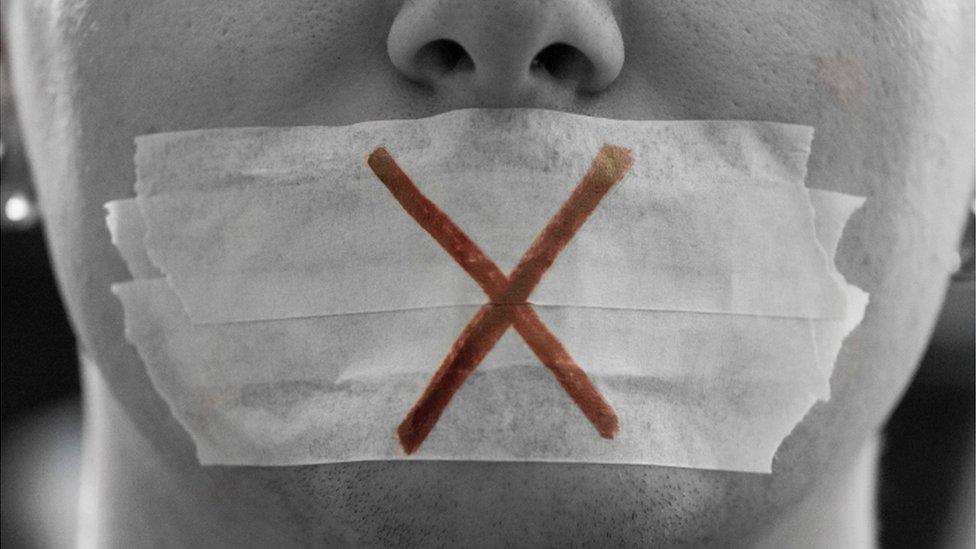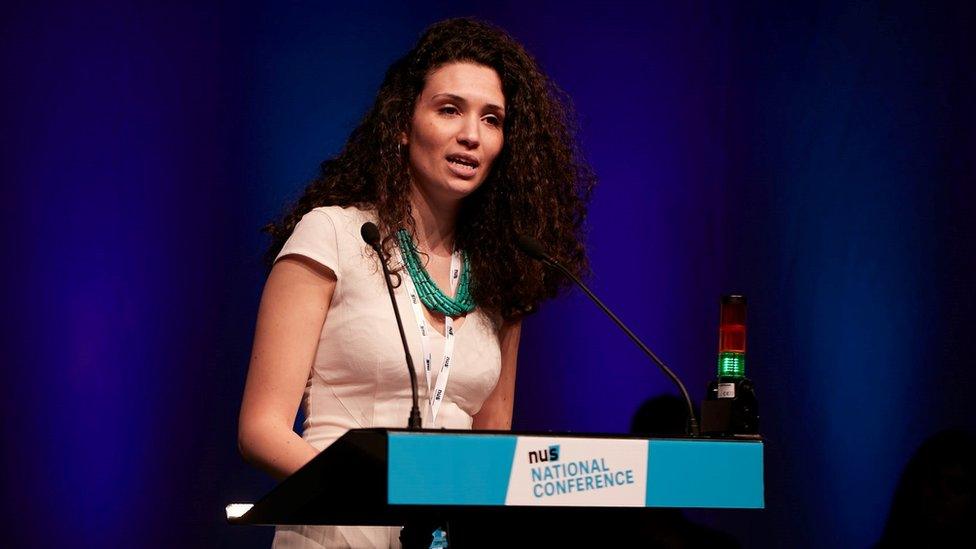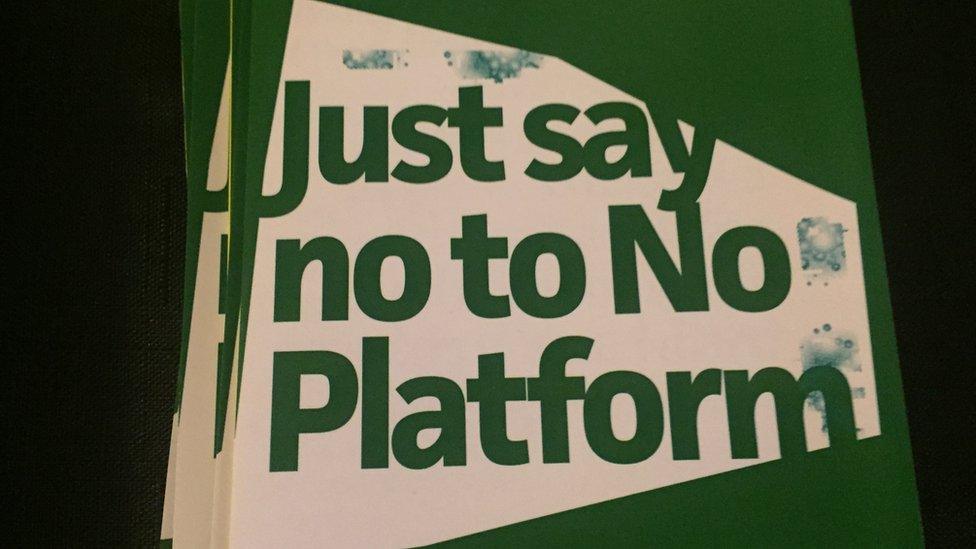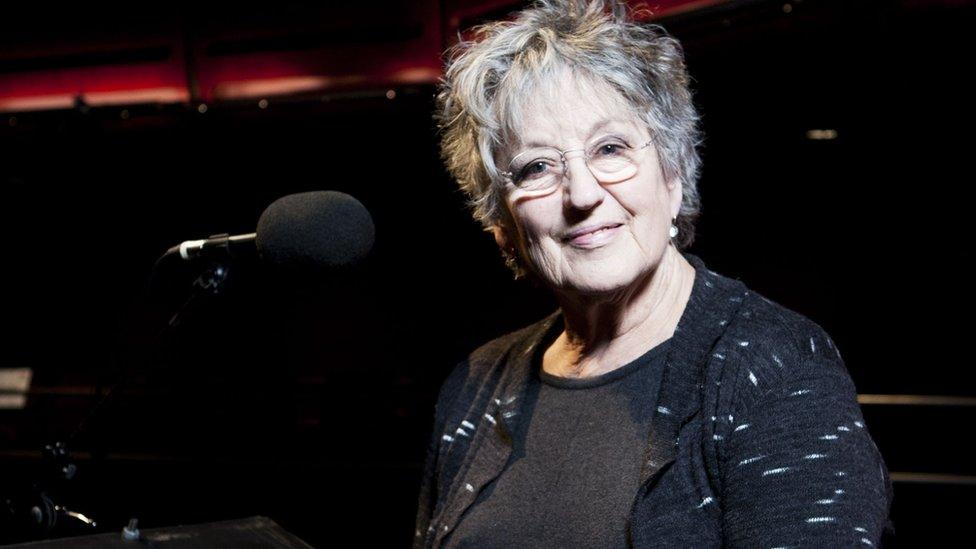NUS 'right to have no platform policy'
- Published

Nearly two-thirds (63%) of university students believe the National Union of Students is right to have a "no platforming" policy, a survey suggests.
The policy means people or groups on a banned list for holding racist or fascist views are not given a platform to speak on student union premises.
And 54% of 1,001 students asked thought the policy should be enforced against people who could be found intimidating.
The NUS said the policy allowed free speech without intimidation.
ComRes interviewed 1,001 UK university students online for the survey, commissioned by the Victoria Derbyshire programme, with data weighted by course year, university type and gender.
The NUS official no platform list contains six groups including the BNP and Al-Muhajiroun, but individual unions and student groups can decide their own.

Find out more:
The Victoria Derbyshire programme broadcast a special programme on the issue of no platform on Monday. If you missed it you can catch up here.

The NUS said it was proud of the policy and that the poll results showed students recognised it was important to stand up to racism and fascism.
"In the past, students have been physically harmed and tragically even killed as a result of such organisations coming on to campuses and inciting hatred. That is why no platform was introduced in the first place, to keep students safe in a very real sense," a spokeswoman said.
"Our policy does not limit free speech, but acts to defend it by calling out violence, hate speech, bullying and harassment, which allows debate to take place without intimidation. Students' unions are champions of debate on campus, in fact a recent survey showed zero out of 50 students' unions had banned a speaker in the past year."
In recent years, individuals believed to be sexist, transphobic or rape apologists have also been banned from speaking at universities.
'Outrageous'
It is argued these speakers would threaten a "safe space", which is described as an accessible environment in which every student feels comfortable, safe and can get involved free from intimidation or judgment.
At Canterbury Christ Church University, an NUS rep refused to share a platform with gay rights activist Peter Tatchell, whom she regarded as having been racist and "transphobic".
Responding to the charge, he told the Victoria Derbyshire programme's debate on no platforming: "I simply say where is the evidence for that claim? I've asked all my accusers, none of them can provide a single bit of evidence.
"This is what is particularly offensive about some aspects of student politics today - people make false, baseless allegations to try and discredit their opponents."
Feminist writer Julie Bindel was banned from speaking at Manchester University's student union last October as students said her views on transgender people could "incite hatred towards and exclusion of our trans students".
She told the debate: "Thirteen years ago I wrote an article which some transgender activists took offence at. Since then it's been like an anti-feminist witch-hunt against me. I am no platformed by a couple of committees within the NUS and I'm constantly described as being like Hitler. It's deeply offensive but we don't have the right not to be offended.
"I don't mind students not inviting me, but other students get really fed up with me not being invited. I get more emails each week from feminist students who want to hear me speak on how to end men's violence."
Watch the Victoria Derbyshire programme on weekdays between 09:00 and 11:00 on BBC Two and the BBC News Channel.
- Published22 April 2016

- Published26 February 2016

- Published23 October 2015
